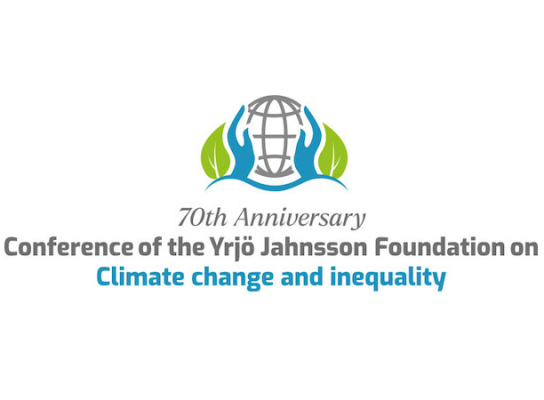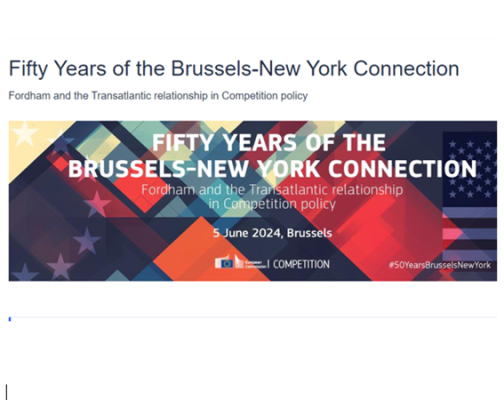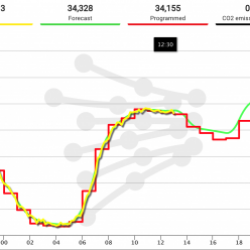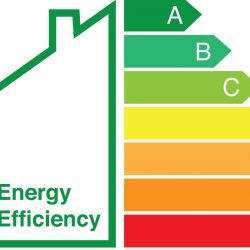EnergyEcoLab brings together a group of researchers committed to carrying out rigorous policy-relevant research in the area of Energy and Environmental Economics.
Using sound theoretical, empirical, and simulation tools, researchers at EnergyEcoLab explore market design and policy issues that arise in the transition to a low carbon economy. EnergyEcoLab is based at Universidad Carlos III de Madrid, and has various links with researchers worldwide.
Research lines
Demand Flexibility
Assessing the efficiency and distributional consequences of dynamic electricity pricing.
Renewables
Studying the market impact of renewable energies. Designing policies to induce efficient investments in renewables.
Electricity Market Simulations
Simulating electricity market outcomes to identify the effects of policy and structural changes.
Health and Social Impacts
Understanding how cleaner energy can improve health and impact human behavior.
Energy Efficiency
Exploring whether energy efficiency programmes deliver, and how to make them work better.
Storage
Understanding the effects of regulation and market structure on storage decisions.
Distributional Impacts
Providing novel evidence of the distributional implications of Energy Transition policies.
Green Finance
Integrating climate risk into policy frameworks and decision-making processes.
Suistainable Mobility
Investigating the effectiveness of various policies towards sustainable urban mobility.
Projects
ELECTRIC CHALLENGES is an ERC Consolidator Grant funded project led by Natalia Fabra at Universidad Carlos III de Madrid. Its main objective is to analyze regulatory and market-based solutions aimed at achieving the energy transition at least cost.
We propose to push out the frontier in the area of Energy and Environmental Economics by carrying out policy-relevant research on a pressing issue: how to achieve the low-carbon transition at least cost. In the context of electricity markets, some of the issues we will explore include: the potential to change households’ demand patterns through dynamic pricing, the scope for renewables to depress wholesale market prices, and the design and performance of the auctions for renewable investments. The project will run from September 2018 until September 2024.
















